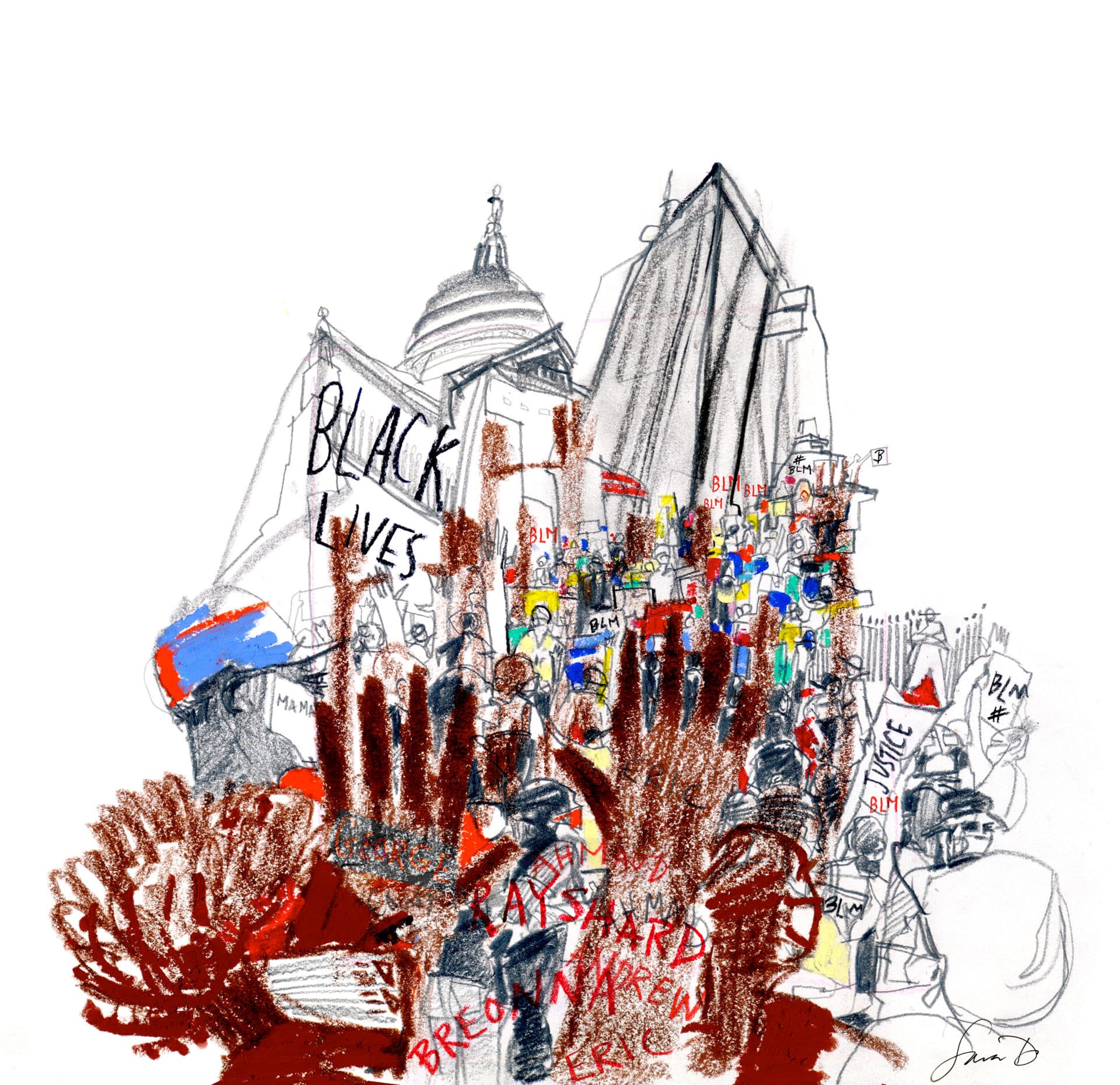Anti-racism

“The national conversation on racism seems to be stuck in an endless loop. … instead of the nuances of racial inequality being understood, the issue is portrayed as a simple matter of people saying or doing bad things to each other, and we get a tiresome to and from between those ‘playing the race card’ and others ‘in denial’. Many of us just tune out, while the overall issue of racism in society – a real problem in need of an urgent solution – remains unaddressed.
That is why, six years ago, the Reframing Race initiative was set up. … We discovered – plainly – that words make a difference. …
The first problem we found was that people don’t agree on what the basic facts mean. For instance, ‘black people are stopped and searched at seven times the rate of white people’: some will believe this indicates a racist bias in policing; others will simply say it’s a sign of criminality in the black population. It is therefore important to tell the full story, which is that the over-representation of black people in the criminal justice system does not imply they are more inclined to commit crime. …
We did find one particularly effective way to communicate the problem of racism: namely, a CV investigation that showed recruiters were biased in favour of white applicants. In telling the full story of this study, we were able to rule out any explanations other than race-based discrimination. Choosing to represent structural racism in this way allows a mainstream audience to see it for themselves, and leads the discussion away from the ‘Is it racist?‘ ping-pong game. …
Another thing we found is that showing some intention behind structural racism – even naming a ‘perpetrator’, such as a government department – leads to a more fluent discussion about how to address it. This approach is also more likely to inspire hope that things can be changed; if something was designed in a way that disadvantaged certain racial groups, it is reasonable to suppose we could redesign it.
Surprisingly, our research also tells us that it is possible to be bold – even radical – in challenging racism, so long as your ideas are explained well enough. For instance, we found most people agreed with the idea of investing in mental health services so that police did not have to do the job of mental health professionals, and for teaching schoolchildren of all backgrounds their shared history. I doubt the phrases ‘defund the police’ or ‘decolonise the curriculum’ would have generated the same support.”
aus: Nina Kelly: How to have a meaningful debate about racism? We asked 20,000 people, and this is what we found, The Guardian Online, 28.12.23, im Internet.
Abb.: Sara Dilliplane, BLM, im Internet.
12/23
Leave a Reply
You must be logged in to post a comment.